Optimal Timing for Slope Clearing
Slope clearings are essential for maintaining stability and preventing erosion. The optimal time for slope clearing depends on various environmental and climatic factors to ensure safety and effectiveness.
Spring offers moderate weather conditions, making it suitable for slope clearing activities before heavy rainfall.
Late summer provides dry conditions, reducing the risk of soil disturbance during clearing.
Early fall allows for completion before winter weather sets in, minimizing delays.
Winter is generally unsuitable due to frozen ground and increased safety hazards.
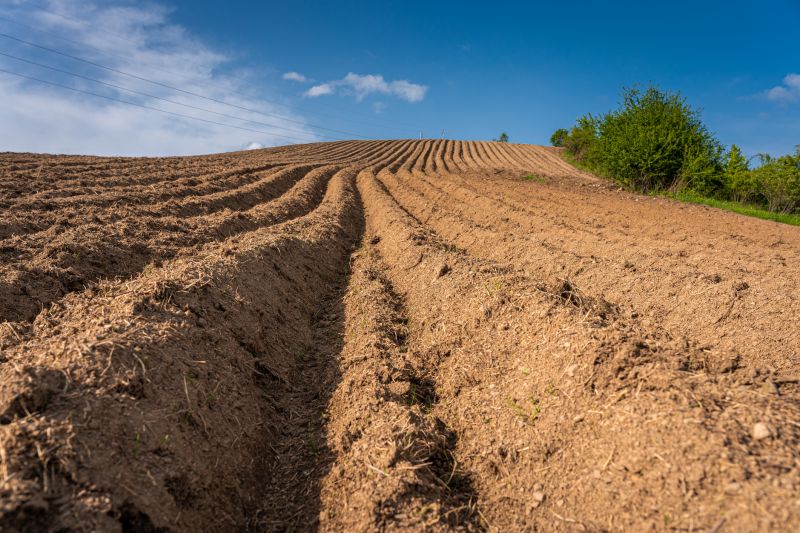
Ways to make Slope Clearings work in tight or awkward layouts.
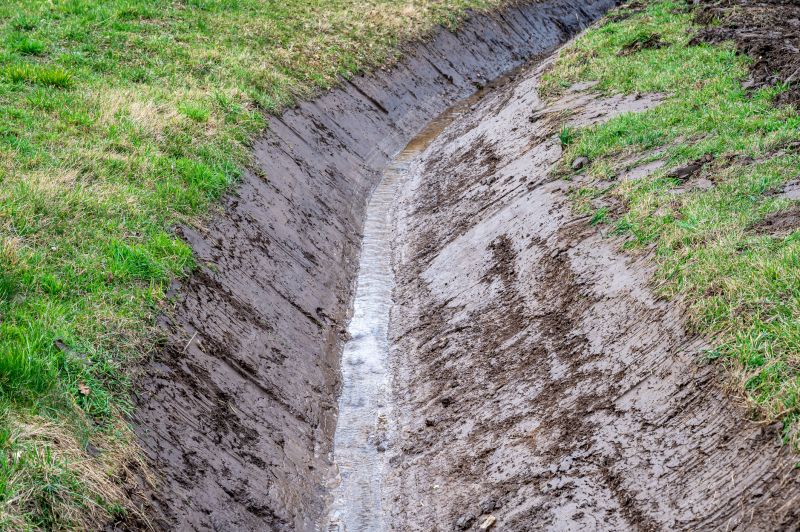
Popular materials for Slope Clearings and why they hold up over time.
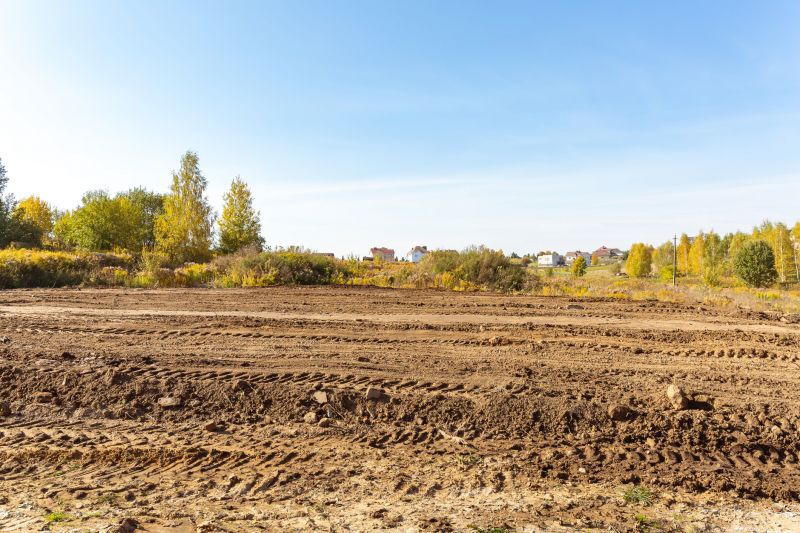
Simple add-ons that improve Slope Clearings without blowing the budget.
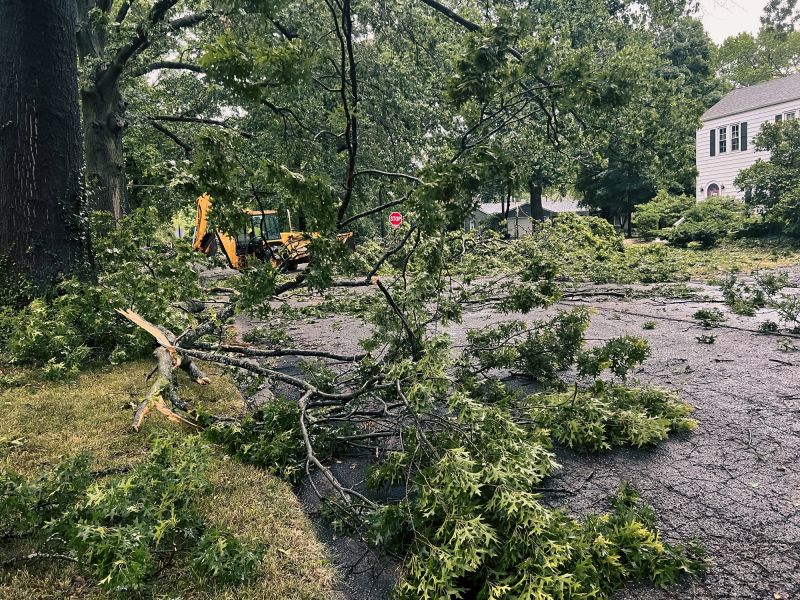
High-end options that actually feel worth it for Slope Clearings.
| Season | Recommended Activities |
|---|---|
| Spring | Begin slope clearing before heavy rains to prevent erosion. |
| Summer | Perform clearing during dry periods for safety and efficiency. |
| Autumn | Complete slope work before winter weather arrives. |
| Winter | Generally not recommended due to frozen ground and safety risks. |
| Post-Storm | Address debris and potential erosion after severe weather events. |
Understanding the seasonal timing for slope clearings can enhance safety, improve results, and reduce environmental impact. Proper planning aligned with seasonal conditions ensures that slope stabilization efforts are effective and durable.
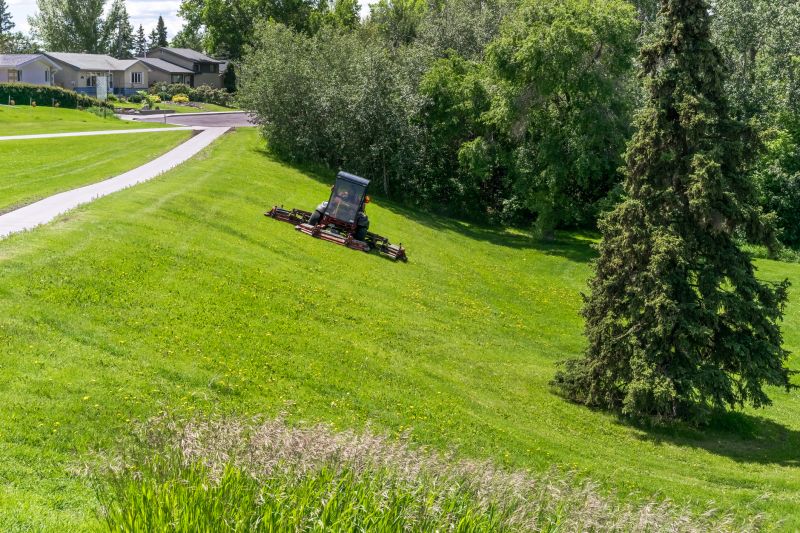
Finishes and colors that play nicely with Slope Clearings.
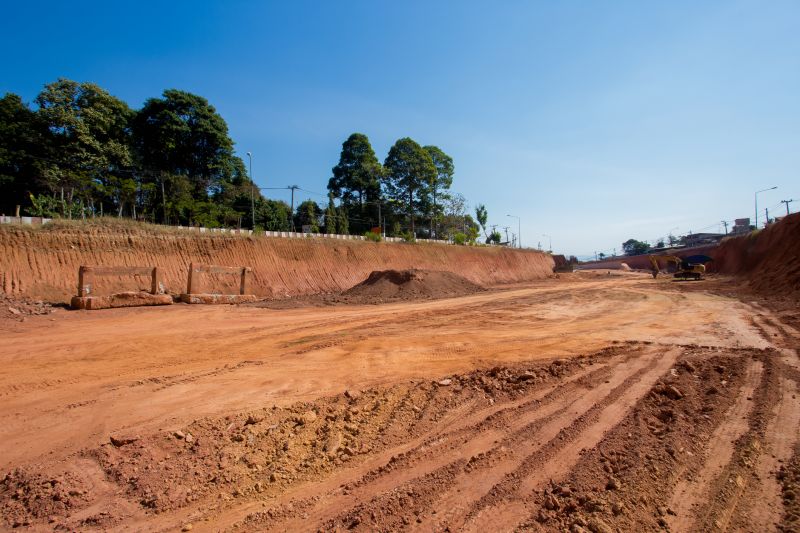
Little measurements that prevent headaches on Slope Clearings day.
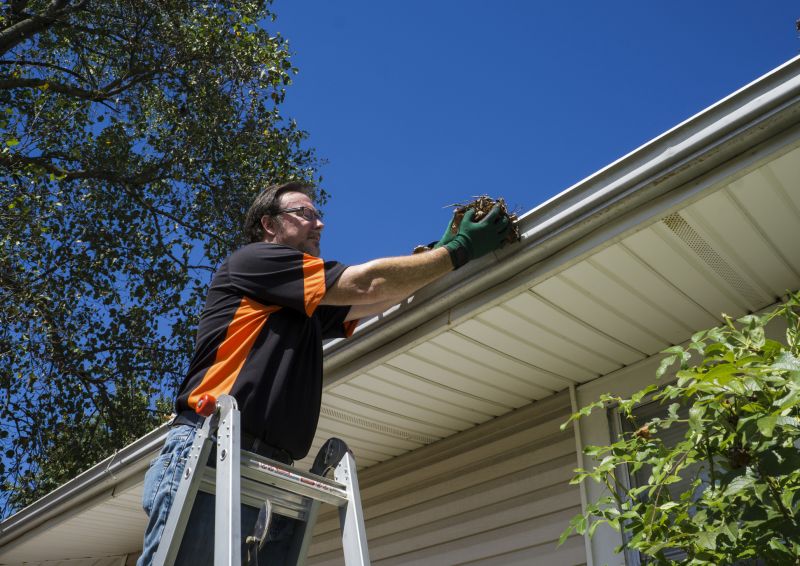
A 60-second routine that keeps Slope Clearings looking new.
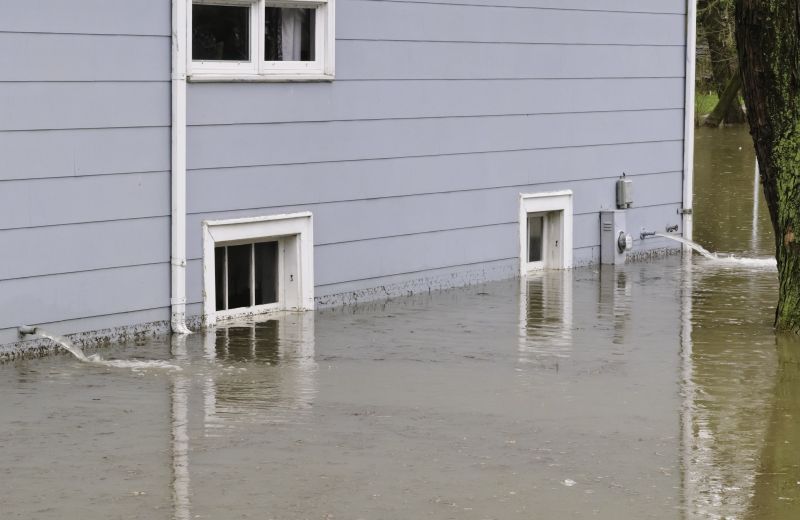
A frequent mistake in Slope Clearings and how to dodge it.
Those interested in scheduling slope clearings are encouraged to contact for further information and planning assistance. Proper timing and execution can contribute to slope stability and safety.



